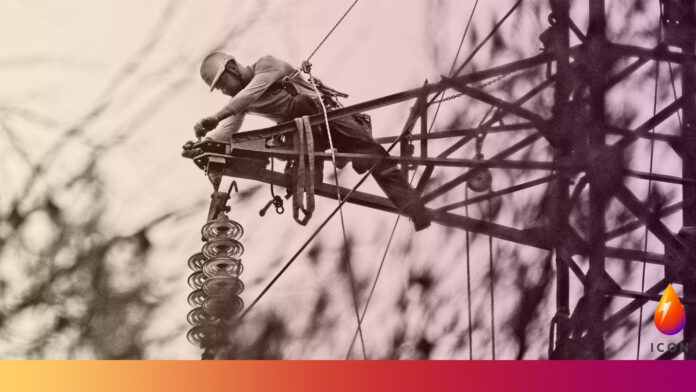The Scottish Affairs Committee calls for transmission charges and grid investment to be equally shared across the UK to help strengthen the Scottish renewables sector.
This follows concerns, outlined in the Committee’s report ‘Renewable Energy in Scotland’, that some renewable projects in England and Wales have a competitive advantage as they are paid to connect to the grid, whereas Scottish projects must pay to connect to the grid.
Scottish Affairs Committee Chair, Pete Wishart MP, commented: “In 2019, over 97% of electricity consumed in Scotland was from renewable energy sources. It is a great success, but more can be done to decarbonise the grid.
“In our Committee’s latest report, we have identified the need to ensure Scotland is not left behind in the renewables race and nowhere is this more apparent than within the current transmission charging regime.
“We therefore strongly recommend that Ofgem must now address the issues around transmission charges in Scotland and help us meet net zero. We found this is not justly shared across the UK as it currently stands. Scottish developers must be incentivised not disadvantaged.
“The bold net zero commitments by both the Scottish and UK Governments are welcome, but delivery is essential. To meet net zero, the Scottish and UK Government must work together to champion the opportunities Scotland offers, and to work with Ofgem and industry to modernise the grid for our low carbon aspirations and tackle climate change.”
The Committee’s recommendations are:
- Ofgem must complete a review of the grid in Scotland as a matter of urgency, and at the latest by the end of 2022 to implement changes in good time for the 2045 target. Ofgem should prioritise reinforcement of the grid where there is potential for a high renewable energy yield.
- The UK Government must specify that, as part of its internal review, Ofgem must consider the financial burden of transmission charges in Scotland. Ofgem should consider the long-term impacts on net zero targets, and ensure renewable energy projects can flourish over the next 30 years, rather than pushing for a short-term, lowest cost view. Ofgem should publish the result of their internal transmission charges review within six months.
- The UK Government must amend Ofgem’s statutory duties to consider net zero targets in all its decision-making.
- The next Contracts for Difference round should prioritise renewable energy systems, not just at the lowest cost, but with a long-term view that focuses heavily on net zero targets and best value for money, up to 2050.
- More financial support should be guaranteed by the UK Government for development of tidal energy through the Contracts for Difference (CfD)-mechanism.
- The UK Government should use part of the £12 billion outlined in the Ten Point Plan to invest in a pipeline of renewable energy projects in Scotland.
The full ‘Renewable Energy in Scotland’-report is available on the UK Parliament website.
